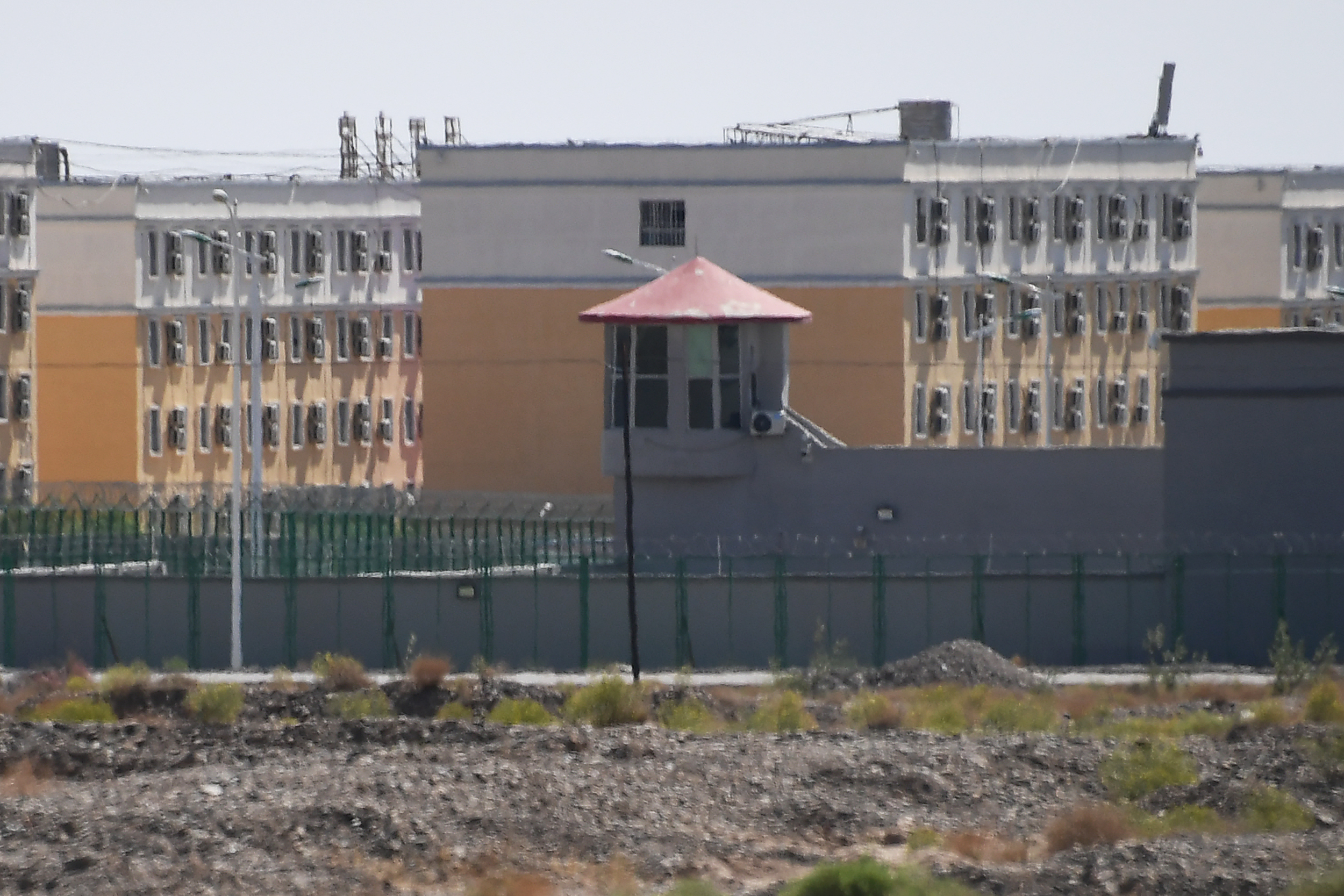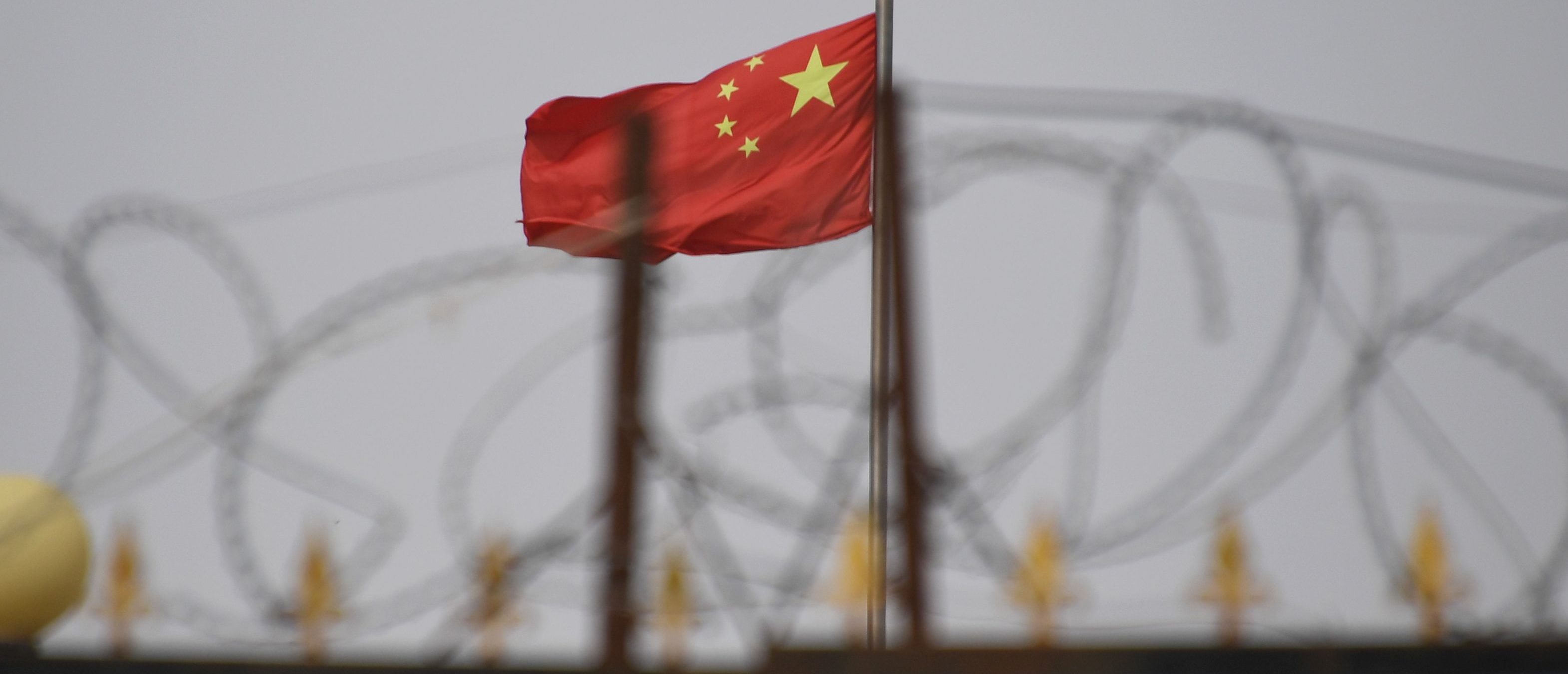A U.S. agency has seized more than 4,000 new laptops en route to an Alabama school district because the laptops involved an electronics manufacturer implicated in the forced labor of Uighur Muslims in China, ABC reported.
The U.S. Department of Commerce intercepted the laptops and is holding them in customs because an electronics manufacturer related to the device’s production, Hefei Bitland Information Technology Co. Ltd., is one of 11 companies facing sanctions by the U.S. for suspected use of forced labor in Xinjiang, according to ABC.

This photo taken on June 2, 2019 shows buildings at the Artux City Vocational Skills Education Training Service Center, believed to be a re-education camp where mostly Muslim ethnic minorities are detained, north of Kashgar in China’s northwestern Xinjiang region. (GREG BAKER/AFP via Getty Images)
Etowah County Schools had ordered the Chromebook computers in June through a reseller called Trinity3 Technology, which helps supply schools with remote learning technology, the school’s superintendent Alan Cosby said according to ABC.
After the district was informed that the laptops were being held by the U.S. agency and would not be delivered until October, Cosby cancelled the order and purchased laptops from another vendor that could make the delivery to the school by September, closer to the school year’s start Aug. 17. The school district has 8,000 students, and 1,600 were registered to start the year with distance learning due to the coronavirus pandemic.
The president and CEO of Trinity3 Technology, Scott Gill, confirmed that a “number of devices were held up that were scheduled for deliveries to schools across the country.”
The district was primarily concerned with the number of laptops that would be available for student use if the district was to switch to entirely remote learning.
“We were depending on that as a resource if we had to go entirely remote learning,” Cosby said. “We’ll be able to start school and do OK, but … time is critical on this. It’s just another unanticipated obstacle,” ABC reported.
The director of the School Superintendents of Alabama, Ryan Hollingsworth, said he believes that Etowah County district is not the only school facing the delay, although he couldn’t confirm whether other laptop orders were seized by U.S. agencies.
“I know that’s not the only district,” Hollingsworth said according to ABC, “I’m 100% sure of that.”
The U.S. has recently imposed sanctions on the Xinjiang Production and Construction Corps, paramilitary group which operates much of the economy of Xinjiang and reportedly orchestrates the persecution of minorities. (RELATED: US Announces Sanctions On China’s Cultural Genocide Operation In Xinjiang)

This photo taken on June 4, 2019 shows the Chinese flag behind razor wire at a housing compound in Yangisar, south of Kashgar, in China’s western Xinjiang region. (Photo by GREG BAKER/AFP via Getty Images)
Dozens of companies have been implicated in the use of forced labor in Xinjiang, where Uighurs and other Muslim minorities have reportedly been forced to work at factories. Many of the companies — including H&M and Nike — have been accused of using forced labor in their supply chain, which many of the brands deny.


